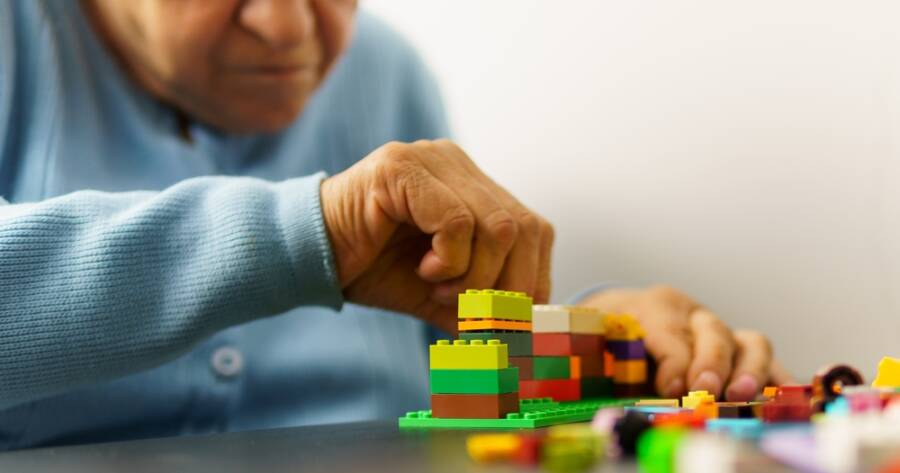Memory care provides essential support for individuals with dementia, adapting care strategies to the specific needs present in each dementia stage. Understanding the progression from mild cognitive changes to severe cognitive and physical decline is crucial for caregivers. Specialized memory care services enhance quality of life, potentially affecting life expectancy. Gaining comprehensive knowledge about these stages allows caregivers to make informed care decisions, significantly impacting both the patient and their families.
Understanding the Stages of Memory Care
Memory care is a specialized form of senior care, designed to provide holistic support for individuals with various forms of dementia, including Alzheimer’s disease. Recognizing and understanding the stages of dementia is crucial for caregivers, as it enables them to tailor care strategies that align with the patient’s current needs. Dementia is typically categorized into three main stages: early (mild), middle (moderate), and late (severe) Each stage presents distinct characteristics that impact memory, cognitive skills, and daily functioning.
The Seven Stages of Dementia
The progression of dementia can be further subdivided into seven detailed stages. These stages begin with pre-dementia, where individuals may experience mild forgetfulness that is often mistaken for typical age-related memory changes. In this stage, symptoms do not significantly impair daily life. As dementia progresses into the middle stages, the need for caregiver involvement increases due to pronounced declines in memory, language, and problem-solving abilities During these middle stages, patients often need assistance with day-to-day activities and begin to exhibit behavioral changes.
Key Characteristics of Each Dementia Stage
The early stages of dementia, specifically Stages 1 to 3, are marked by mild cognitive changes. These include minor memory lapses, which are not yet sufficient for a dementia diagnosis. As the condition progresses to Stages 4 and 5, individuals experience moderate to moderately severe cognitive decline, necessitating increased care and support because they become more reliant on caregivers. Stages 6 and 7 involve severe loss of cognitive and physical abilities, requiring comprehensive care solutions that address both mental and physical health challenges.
Care Strategies Across Dementia Stages
Caring for an individual with dementia involves a multi-faceted approach that adapts to the changing needs over time. Early stages benefit from strategies that promote mental engagement and preserve independence, while middle and late stages may require specialized memory care services. Memory care communities often provide 24-hour supervision, therapeutic activities, and living environments specifically designed to support those with dementia. These communities offer tailored care interventions dependent on each stage and type of dementia, whether Alzheimer’s, vascular, Lewy body, or frontotemporal dementia Such tailored care can prolong autonomy and enhance quality of life.
Impact of Memory Care on Life Expectancy and Quality
The transition into memory care not only aids in improving quality of life but also impacts the overall life expectancy of those diagnosed with dementia. Though there is no fixed timeline for each dementia stage, life expectancy post-diagnosis can generally range from 4 to 8 years, with some patients living longer based on variables like lifestyle choices and treatment plans. It’s crucial for caregivers to create proactive care plans that focus on health management, positive social interactions, and strategic medical interventions.
Why You Should Learn More About Senior Memory Care
Understanding dementia and the necessary stages of memory care is vital for deciding the best possible care options for a loved one. With a comprehensive understanding of the progressive nature of dementia, caregivers can make informed decisions that truly enhance the patient’s well-being and dignity. As memory care continues to evolve, staying informed on the latest care strategies and advancements will provide invaluable support for both patients and caretakers. By committing to learning, families can better navigate the challenges posed by dementia while preserving the cherished memories and connections that define our lives.
Sources
In-Depth Discussions on Dementia Stages
Dementia Progression and Care Planning
